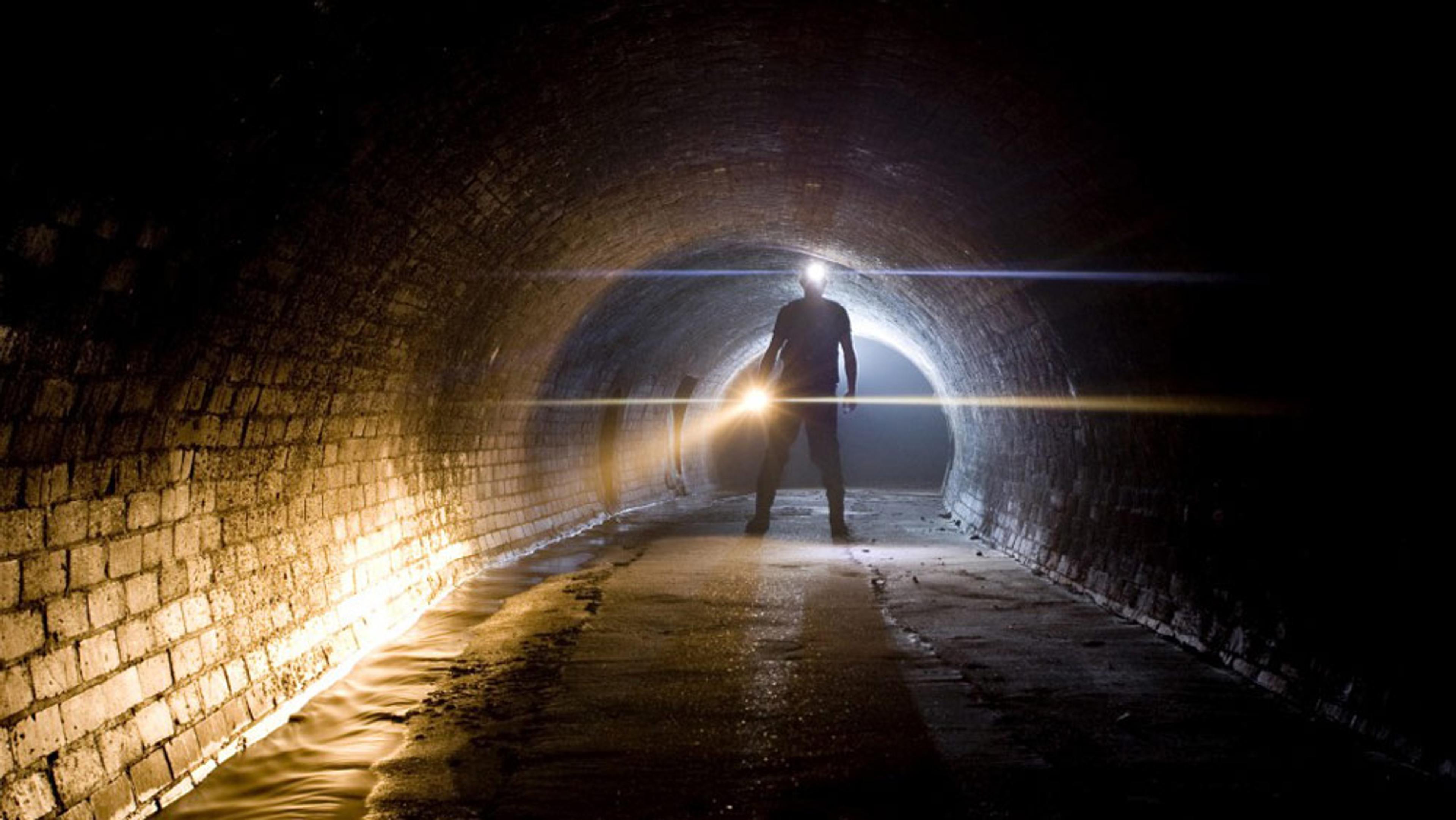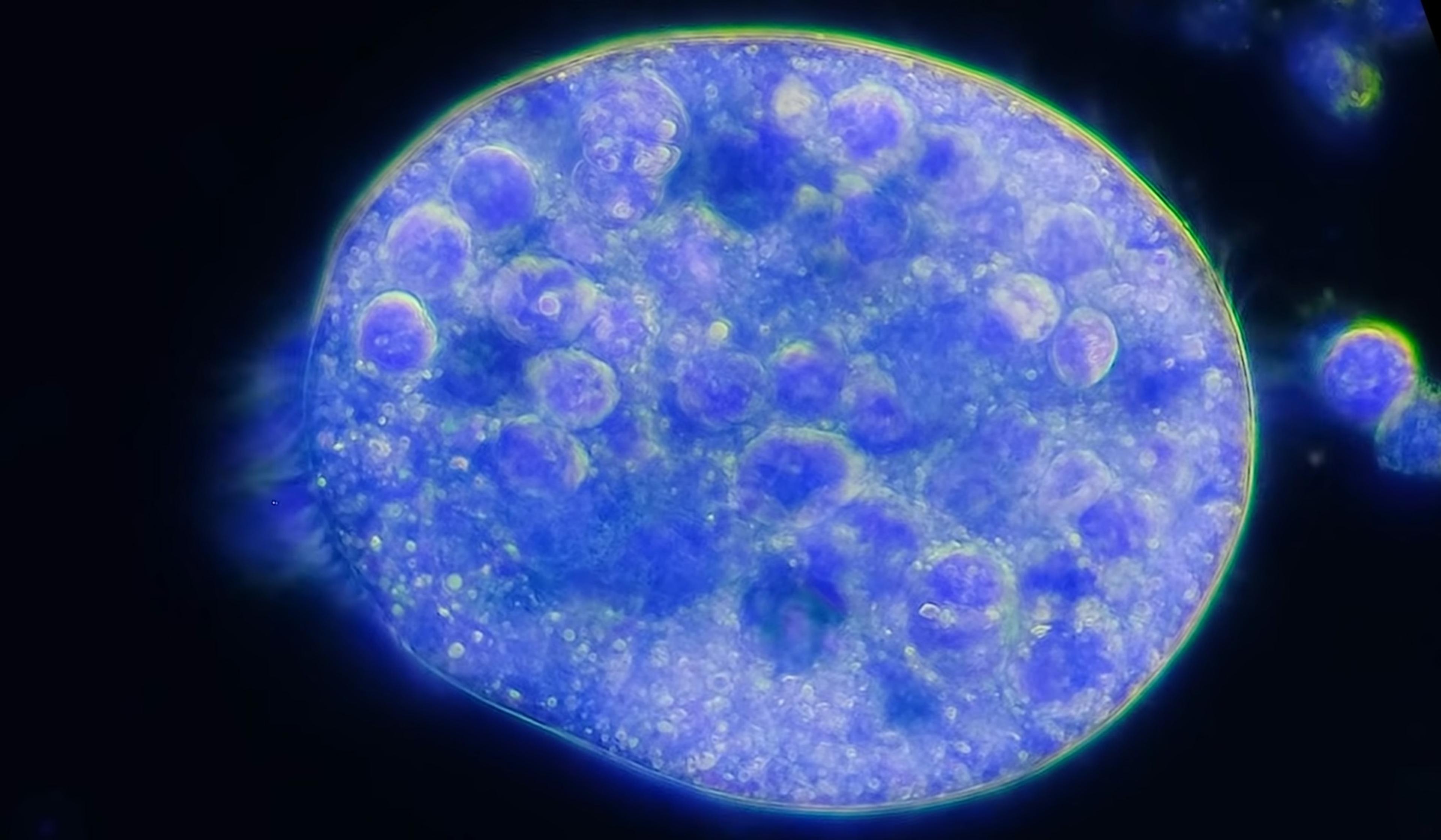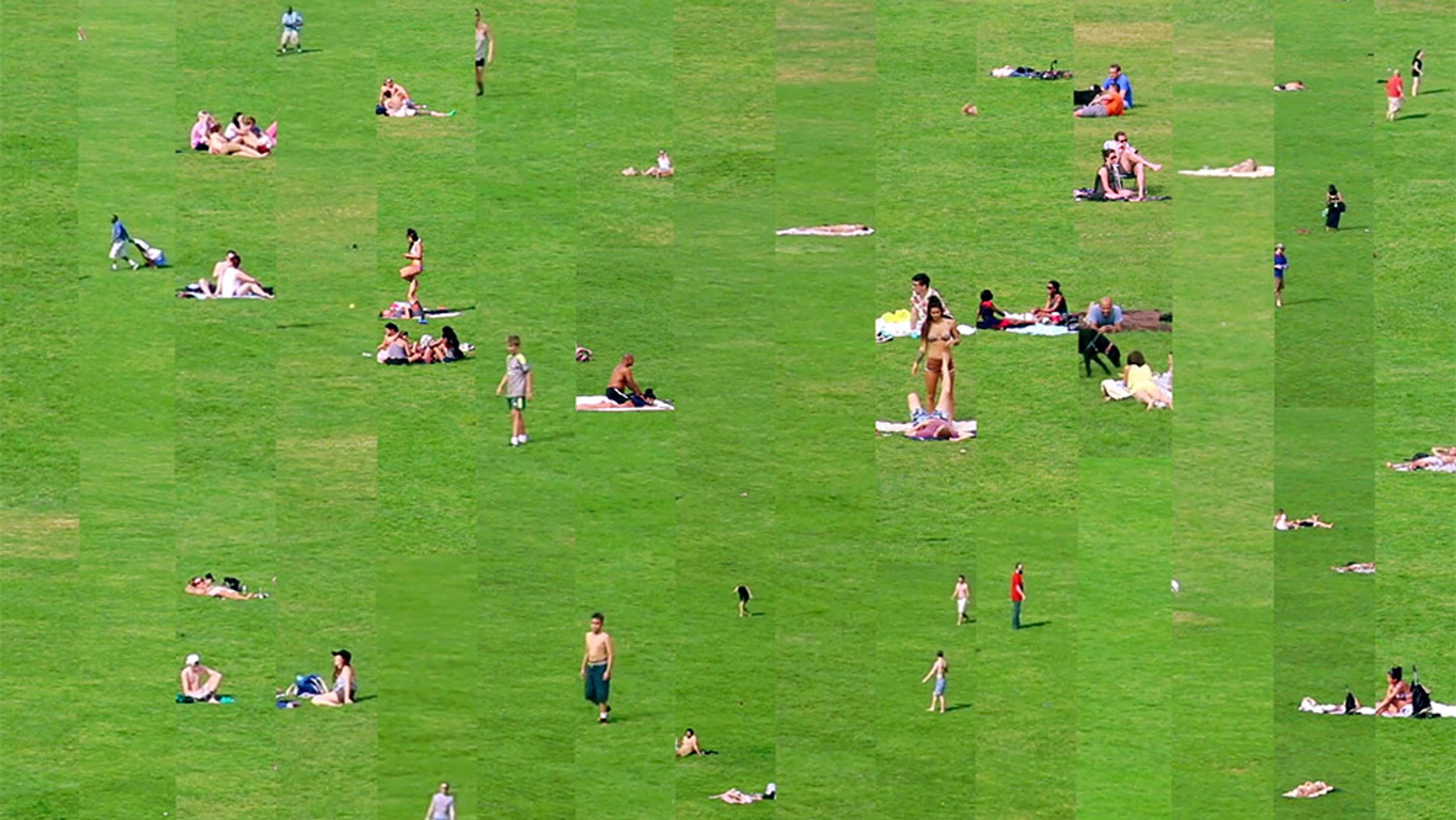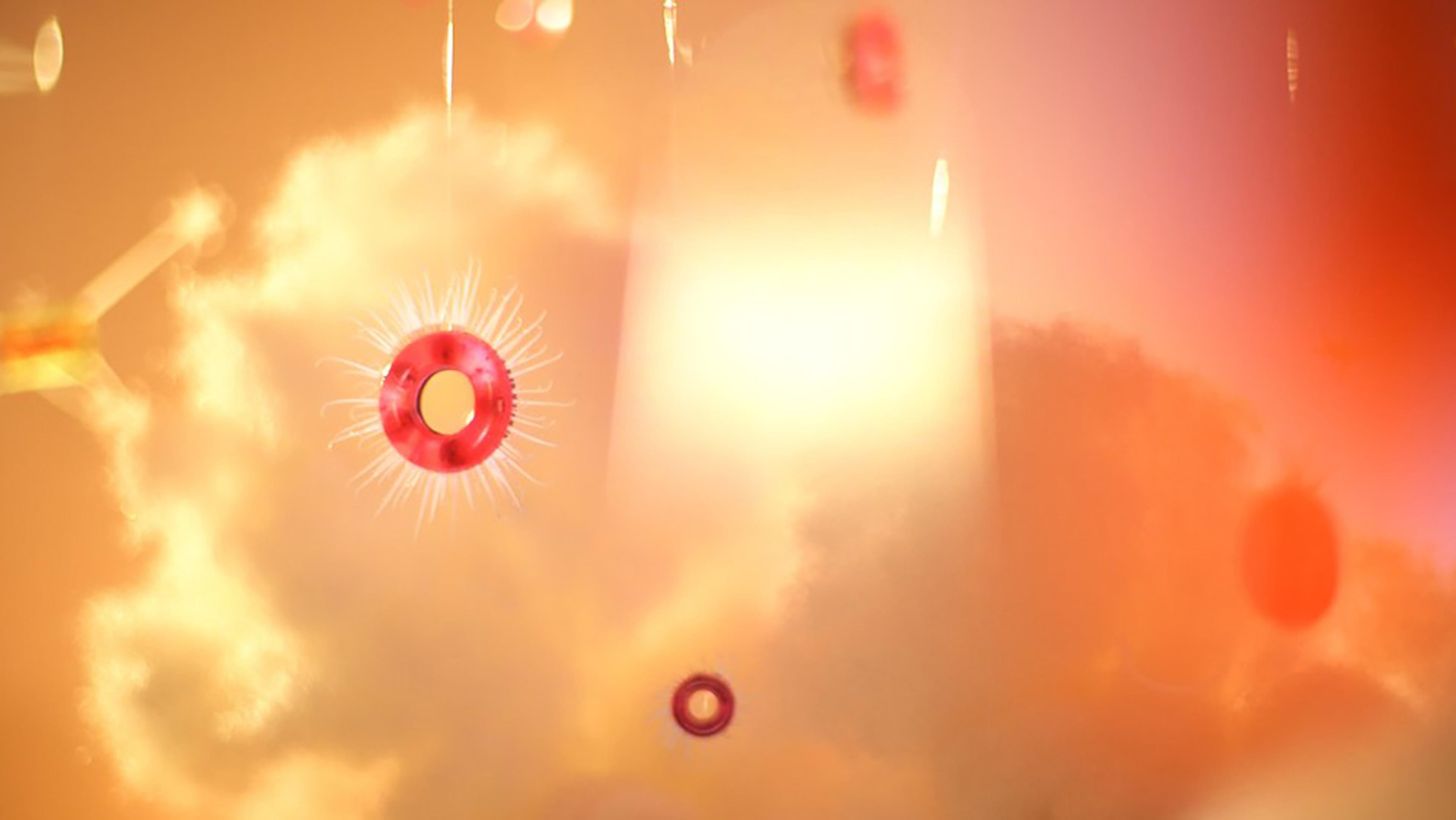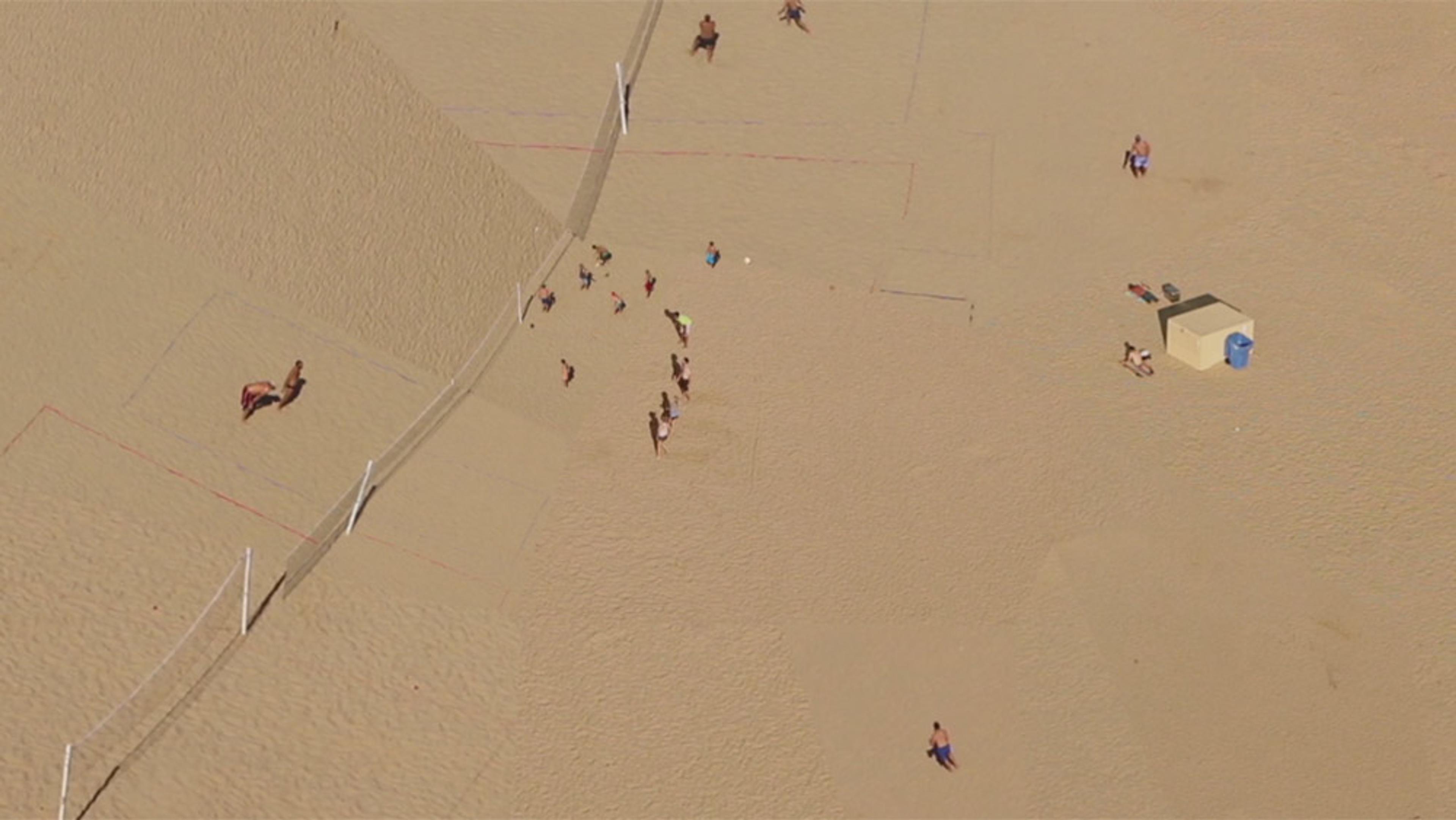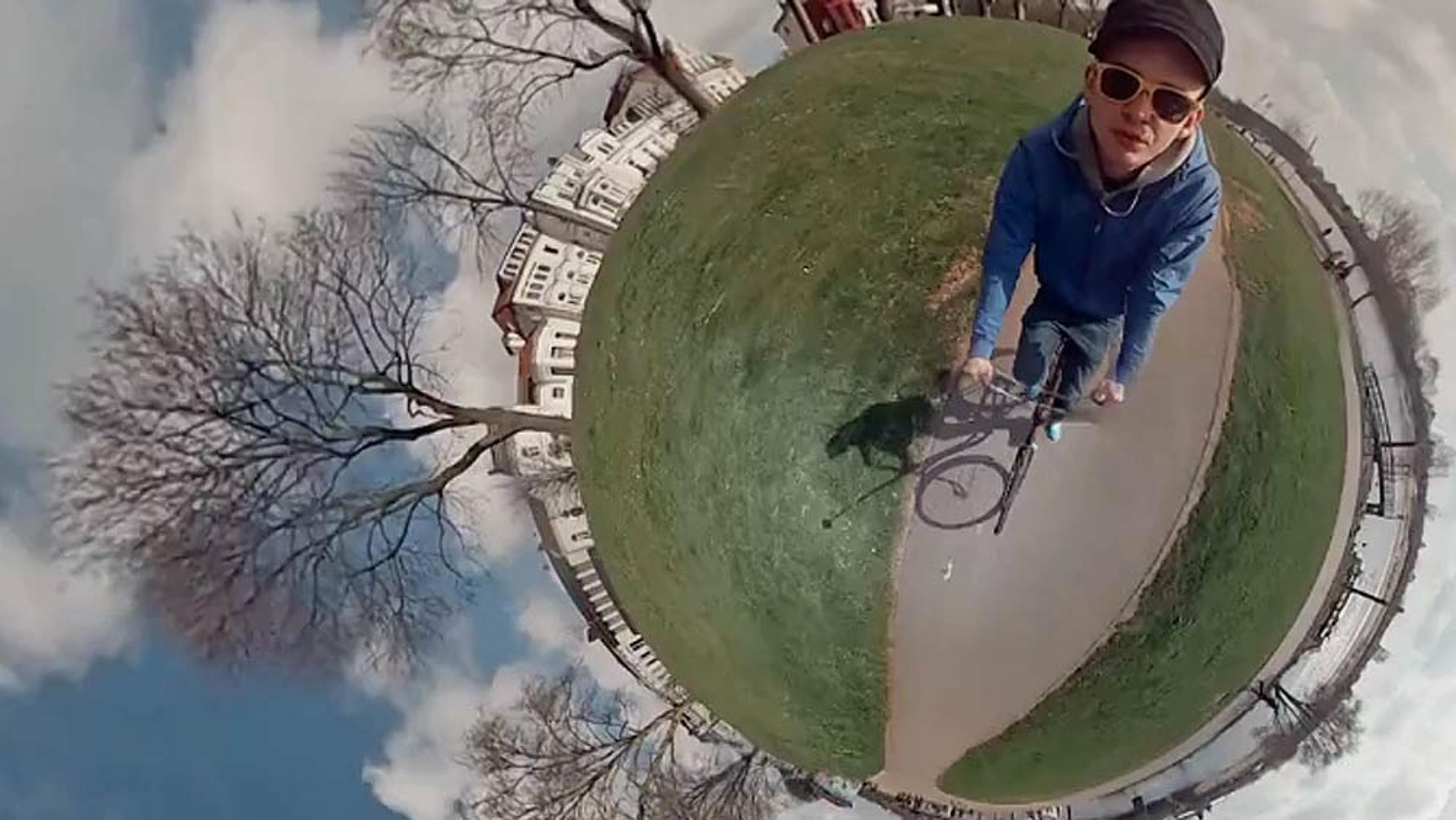From an anthropocentric point of view, big cities are one of humanity’s most majestic achievements: massive, self-contained ecosystems built by, catering to, and inhabited by huge numbers of people. But you could forgive microorganisms for claiming that cities are actually theirs. After all, they outnumber humans in urban environments by the trillions. They also affect cityscapes in a far more tangible way: city planners and epidemiologists shape urban environments with pathogenic threats in mind.
For his experimental short film The Big City, the Canadian filmmaker Evan Luchkow put the hidden lifeforms of downtown Vancouver’s main roads under the literal microscope, documenting the various microbes he found to reveal, in his words, ‘the blurry boundary between human society and the natural world’. The result is an extraordinary and enlightening glimpse of the vast biodiversity with which we share our cities.

